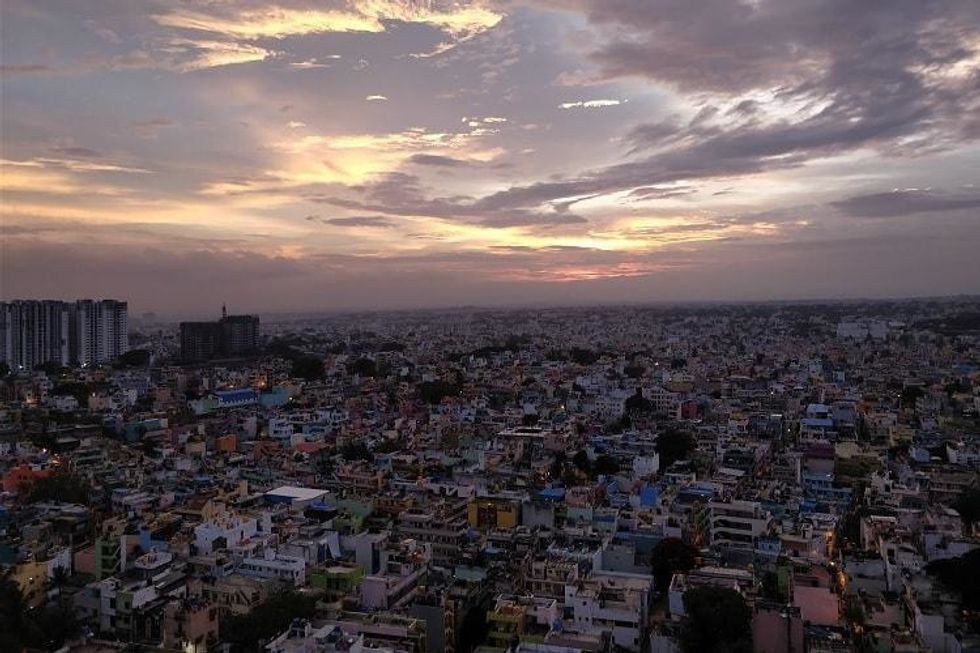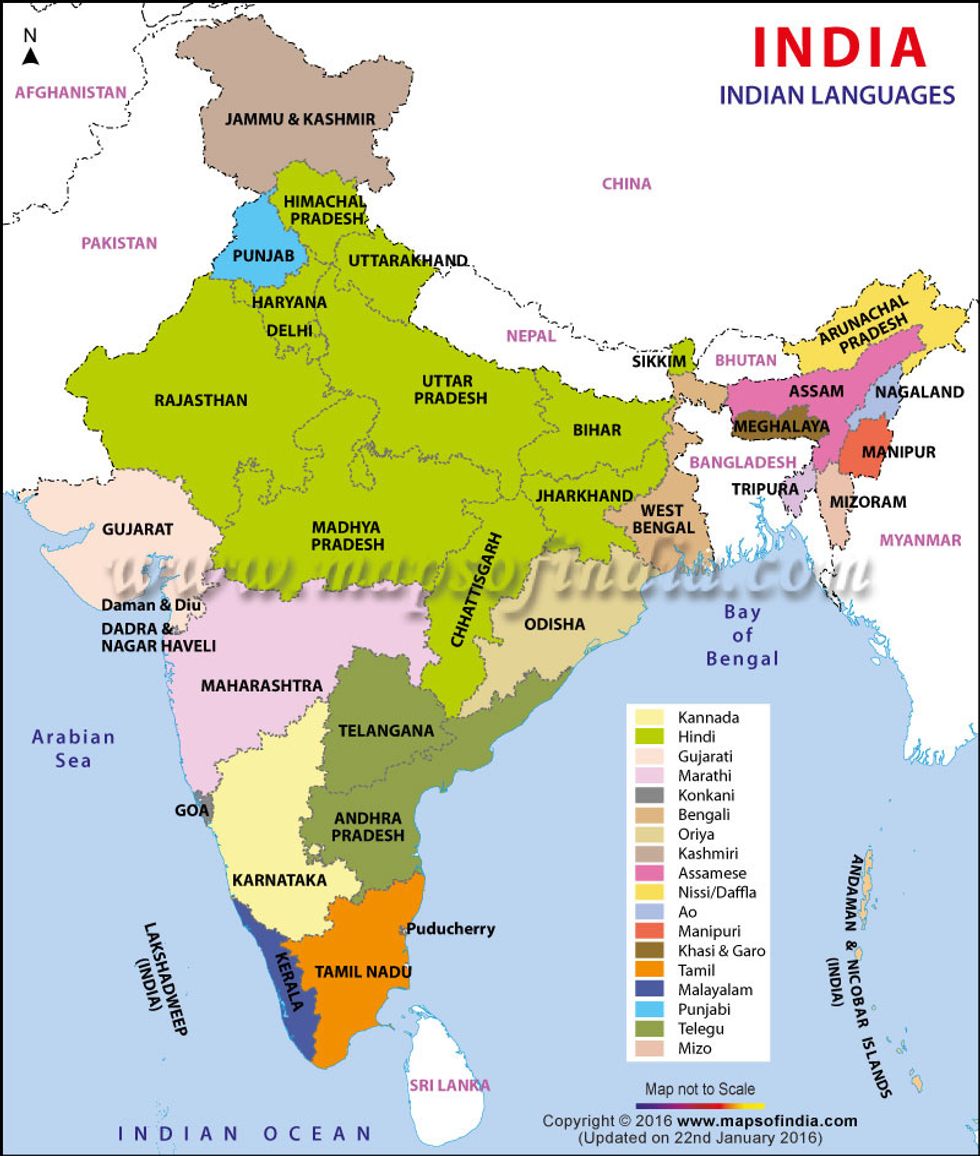It's been 9 years since I've last been to India. Finally going there this year has been quite fun for me, and I couldn't help but impart a few life lessons that I received from living there for 6 weeks.
1. Don't take anything for granted

I know this goes without saying that one should abstain from taking anything for granted, such as Internet access, electricity, and running water. Unfortunately, I grew up in New York City, where we had a reliable source of Internet, power, and water. Hell, we could even drink the tap water with little risk to our health. I took those three things for granted and it hit me extremely hard when I arrived in India because even in giant and fairly developed cities like Bengaluru and Chennai, people still fill large buckets of water because they can't expect a constant and reliable supply.
In fact, when I visited India, I was restricted to drinking only bottled water because I couldn't guarantee that the local water supply was as clean as what New York provided me. I had to get used to constant power, water, and Internet outages. To be honest, it took a lot of adjusting on my part to understand that the life I live now is fairly privileged compared to most people.
2. Learning the local languages is a must

Just because English is one of India's 22 official languages doesn't mean that everyone there speaks it. Although I am ethnically and (for the most part) culturally Indian, I can't speak Tamil and Telugu well enough, nor can I understand them as much as I'd like to. I'm also incapable of reading them, so writing was definitely out of the question.
Given that learning languages is a difficult task for me and that most people in the U.S. only speak English, I quickly defaulted to using English only in conversations, making me a sort of semi-passive trilingual. Coming to India and experiencing a language barrier firsthand made me realize just how helpless knowing just one language can make me, as I needed my parents or other relatives to interpret for me, especially when we visited relatives who didn't speak English too well.
Most of the street and store signs in Chennai were in Tamil and in Bengaluru they were all in Kannada. Furthermore, when I traveled to the rural areas of Karnataka for sightseeing and temple visits, all of the signs were in Kannada, and far fewer people there spoke English. It finally hit me that to even talk to half of the people in India, I'd need to make sure that I knew at least one of the local languages, or at least Hindi (every state speaks Hindi.) Because of this, I slowly began learning Telugu with the support of all my family members. I intend to eventually learn Tamil and Hindi so that I can finally communicate with more people and not be dependent on my parents to interpret for me.
3. Keeping in touch with family is extremely important

Most of my immediate and extended family lives in India, and since I haven't visited India in 9 years, I've been fairly cut off from them. Aside from phone calls, I haven't kept in touch with them, and I forgot many people who my parents held dear to me. It was a very bizarre experience for me to be greeted and recognized by tens of people that I didn't know and forgot.
However, these 6 weeks spent in India gave me the best opportunity to reconnect with most of my immediate family that I typically only speak to a few times a month or year. I finally grew attached to them, and by the time I landed in New York, I missed my relatives dearly because I didn't know when I'd see them again. I finally realized the importance of family and I'll do my best to keep in touch with them more often.



















